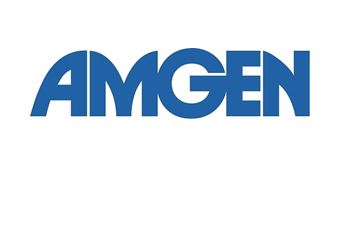Amgen hands off leprosy, TB candidate to Australian non-profit

Amgen has decided that a drug for leprosy and tuberculosis it inherited as part of its acquisition of Celgene’s psoriasis blockbuster Otezla last year would fare better in the hands of a non-profit company, dedicated to bringing affordable medicines to poorer countries.
AMG 634 – a PDE4 inhibitor being investigated for TB and leprosy complication erythema nodosum leprosum (ENL) – is being licensed to Australia’s Medicines Development for Global Health (MDGH), with Amgen surrendering all rights to the drug.
The US biotech will continue to provide support for two phase 2 trials of AMG 634 in TB and ENL which are due to get underway next year by producing and supplying the drug and funding the ENL trial.
AMG 634 acts as an anti-inflammatory, so it aims to tackle the complications of these chronic infections rather than attacking the infectious organisms themselves.
TB – caused by Mycobacterium tuberculosis – remains a massive public health problem worldwide, affecting 10.4 million patients every year and causing over a million deaths. About a quarter of the world’s population carry the bacterium, and have a 5% to 15% chance of developing the disease.
Current treatments are often inadequate, with resistance emerging to many of the mainstay drugs used to treat the infection, and if it isn’t treated effectively can leave patients with permanent, clinically significant lung damage.
Leprosy meanwhile generally doesn’t hit the headlines like TB, but despite being curable with antibiotic therapy still causes more than 200,000 infections every year, according to the World Health Organization.
Caused by the bacterium Mycobacterium leprae, the infection develops slowly – sometimes it can take a year or more for symptoms emerge – if untreated it can cause progressive and permanent damage to the skin, nerves, limbs, and eyes.
Treatment typically requires months or even years of multidrug therapy with antibiotics – generally with dapsone, rifampicin and clofazimine – but compliance over that long period can be problematic, particularly in countries with less sophisticated healthcare systems.
A significant number of patients go on to develop ENL, an autoimmune complication that can occur many years after being cured of leprosy and can cause permanent nerve damage and disability.
MGDH has already demonstrated that it can bring drugs to market for diseases that mainly afflict low- and middle-income countries, launching moxidectin – the first new treatment for river blindness (onchocerciasis) in 30 years – in 2018.
Its founder and managing director, Mark Sullivan, said the company is “honoured to take over the stewardship of this compound from Amgen… and we will now undertake full development of AMG 634 in hopes of bringing it to patients in need of a treatment for their disease.”













